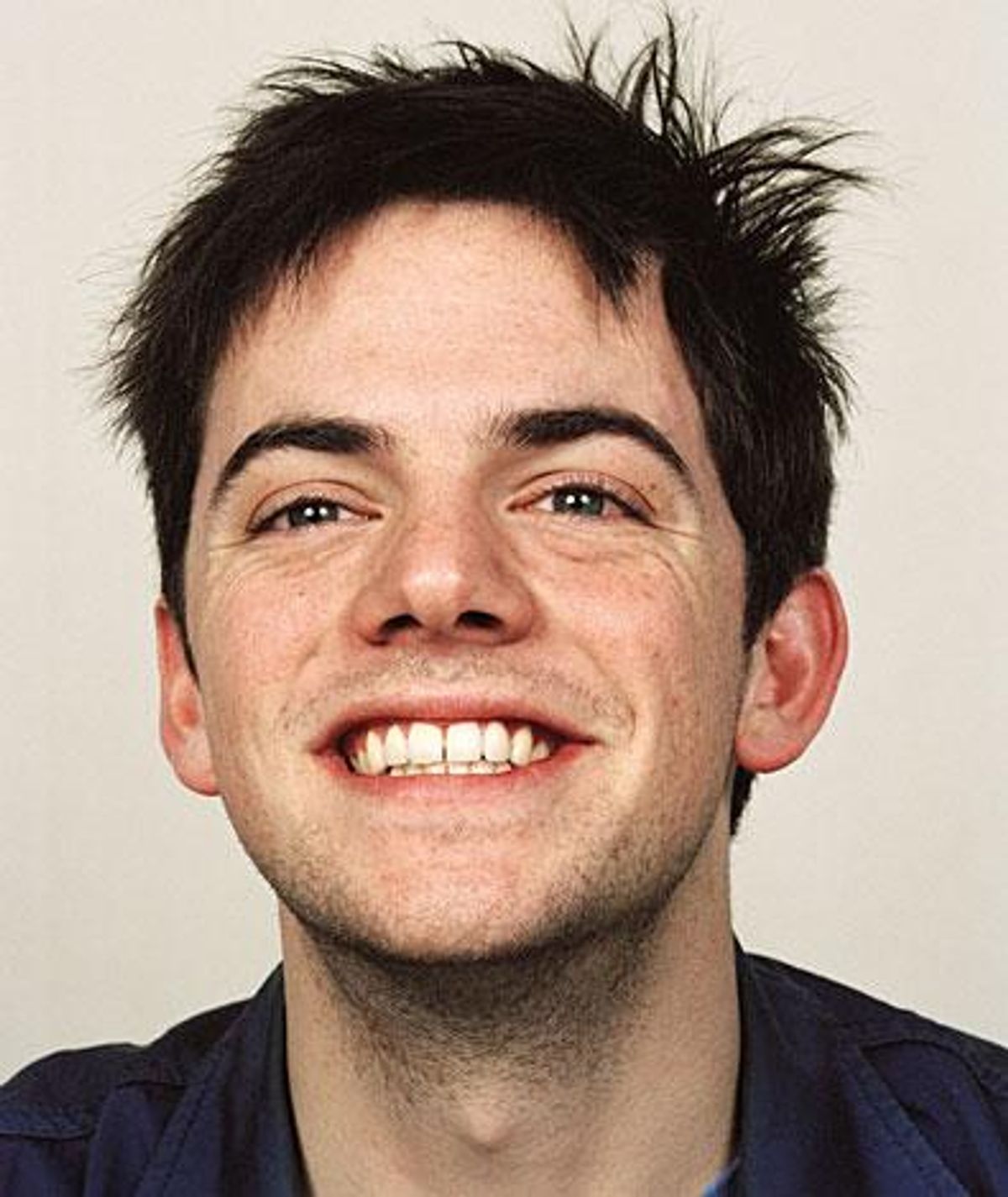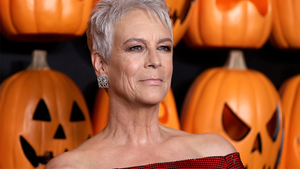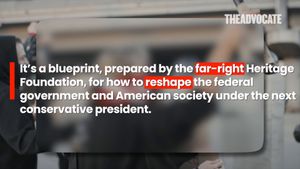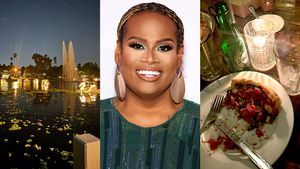Nico Muhly is not
your average 27-year-old. An amazingly talented and
erudite young man, Muhly has a degree in English literature
from Columbia University and a master's in
music from Juilliard. In his young life (due mainly to
very busy and artistic parents) he has seen most of the
globe and immersed himself in subjects as varied as
17th-century choral music and the Arabic language. In
addition to all this, he is already a widely
respected and much sought-after composer, having had works
commissioned and performed by the Boston Pops, the Chicago
Symphony, and the Clare College Choir, and he has
already produced two very distinctive CDs of his
compositions (Speaks Volumes and
Mothertongue), which display his diverse style
and vast musical gifts. His work has been praised by
many influential contemporary "classical"
composers (Muhly prefers the term "notated
music" to "classical"), such as John
Adams. He has collaborated with musicians as far-flung
as Bjork and Philip Glass, and has just had
an opera commissioned by the Met.
His latest album,
Mothertongue, sums up much of what Muhly is all
about. The album references American folk music,
17th-century English writers (including King James I), the
fantastical travelogues of Sir John Mandeville, and
experimental word settings that are reminiscent of the
best of Terry Riley or Steve Reich. He mixes acoustic
instruments, voice, and electronic manipulation in a
seamless sea of sound that is both approachable and
forward-looking. But most of all, Muhly's music
is achingly beautiful.
You were born in Vermont and grew up in Providence,
R.I. What was your childhood like? My mother is a painter and she teaches at
Wellesley College, and my father is a documentary
filmmaker. It was a kind of intellectual upbringing.
But it was also kind of funky in its way.
When did you start composing? Basically, I started studying piano when I was
10 or 11. Really quickly, in the course of a couple of
months it occurred to me that you could make music
from scratch. Part of it too was knowing that there were
people in the 20th century who were composing; it was
enormously liberating.... [English 20th century
composer Benjamin] Britten was one of the first
people, and I felt like, Oh, yeah, he's not that
much older than my grandmother.
Some critics describe your music as minimalist.
Would you say you have a particular style? The thing with style...the thing that I
always say, which I think is a really apt analogy, is
that talking about style with somebody is like talking
about where you're from in your life, like I'm
from Vermont and Providence to a certain extent,
there's no escaping that. No matter what I end
up doing, those things are true. I feel, like all composers
who are being honest with their lives, there are a
couple of things, stylistically, which are
"home base," and I think for someone like me,
minimalism is very much home, just as Vermont is home for
me, and similarly, English choral music is very much
home.
How do you compose? Do you just start jotting ideas
down, or is it more organized? I'm a pack rat; I make these little piles
of documents, a lot of documents -- very little
music paper involved, it's all much later.
It's images, it's drawings, it's
numbers, it's schemes, it's food, it's
almost never music.
How much do you think being a gay man has to do
with your art? I used to have this aggressive attitude where
the last thing I wanted to be known as was as a
"gay composer"; you want to be a composer
who's also gay. So I spent many, many years
kind of resisting any gay anything. But a couple of
years ago I was studying Arabic in Columbia, and I realized
there was this whole brouhaha about the army not having
enough Arabic translators because they fired all the
gay ones -- it was so crazy that I immediately
became really politicized about it. So I don't know,
I live a sort of sheltered life in which most people I
know are gay, although I will also say, there's
a huge change now from, like, when I was in high
school.
Were you out in high school? To anyone who would ask, but it was more like,
at that point, I was in a very deep part of the phase
where I could not be known as "that gay kid,"
'cause, like, there was one other gay kid in my high
school, and that's like the first thing people
will talk about so, like, how are you supposed to get
any music written? And now it's kind of amazing,
because I went back to my high school and there were I
don't know how many gay people running around,
and they were all out and good-looking and
proud...back then, all us gay kids were awkward and
gangly like the "goonies"!
Do you think there's such a thing in art as a
"gay sensibility?" I thought that was the only sensibility. I
didn't realize that straight people had a
sensibility! I think that there's, like, a good
sensibility and a bad sensibility, and a lot of people
on the side of the good sensibility just happen to be
queer. I would hesitate to sexualize it, but in weaker
moments, I'm just like, "Oh, God,
[sigh] thank God for gay people"!
If you're
a queer kid, you probably spent a lot of time in high school
hold up at home studying Stravinsky scores or whatever, and
I think part of it has something to do with being sort
of lonesome and miserable. For me, someone who very
much embodies if there is such a thing as a "gay
sensibility" would be someone like Benjamin Britten,
whose sense of loneliness and feeling of being out of
place was so important to his art.
You've been commissioned by the Met to write an
opera. From what I have read, the story is based on a
true Internet romance/friendship between two
teenage boys that ended in one of the two stabbing
the other to death. It's like a teen gay Internet sex
drama!
Is this the first overtly gay-themed work that
you've done? Oh, I don't think so. Maybe overtly,
but...that's an interesting way to put it,
um...yeah. But it's also the first dramatic
thing I've done. I got the libretto [written by
Craig Lucas] a few weeks ago...it's going to be
awesome.
You're going to be going on tour soon.
You'll be working with some of the
collaborators that you've worked with in the past. Basically it's me and Sam Amidon,
who's this wonderful folk singer who sings on
Mothertongue, and my friend Thomas,
who's in this project called "Doveman",
his claim to fame is that he just covered the entirety
of the Footloose soundtrack, which you should
definitely go download if you haven't already!
So the three of us are going with my friend Nadia, who
plays on Speaks Volumes, and we're just
hitting the road and hoping for the best! For me,
it's like, I do so many concerts that are
planned, it's a total luxury to be able to do
something like this, where you just go and play.


















































































